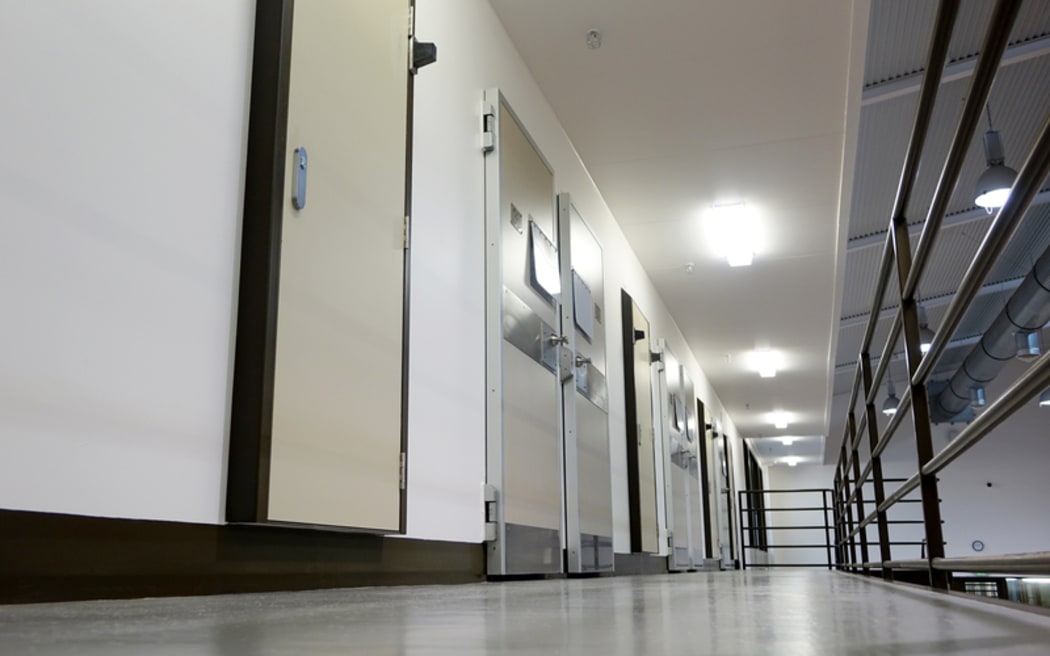A Wellington parole lawyer says a new law giving convicted criminals fewer chances to get parole will result in prisoners losing hope.

Photo: RNZ / Kim Baker Wilson
The Parole Amendment Act means the Parole Board does not have to see every offender every 12 months, and instead can fix the interval between hearings at up to two years
Parole lawyer Judith Fyfe said if prisoners did not have the opportunity for annual parole board hearings, they would lose motivation, be less likely to finish programmes and see their rehabilitation slowed.
Ms Fyfe represented criminals with life sentences and said a yearly hearing was really important to them.
"I don't have any client that doesn't regard that as something they work through to every year.
"While the Parole Board is very clear that it doesn't manage prisoners sentences, that's the job of the prison, the prison often says 'well we're not going to do anything yet - we'll wait and see what happens at your parole hearing'."
Ms Fyfe said with longer periods between hearings, there would be less pressure for prisons to get inmates through rehabilitation programmes.
"The longer it takes you to get through your programme and complete that successfully the more it reduces your legal rightful chance of an early release."
Parole Board chairman Justice Warwick Gendall said reducing the number of hearings was better for victims and reduced their anxiety.
He said the Parole Board was already exercising its discretion to not see an offender for up to two years.
"Last week at the panels I sat on or observed I would think at least half of them said 'we will see you, not in a year's time, but in 15 months or 18 months or two years'."
He said for inmates serving sentences over ten years for crimes like murder or serious sex offences, the Board could postpone seeing them for up to five years.
"Unless they can persuade us that they are likely to be candidates for parole in the near future, the prospect of postponement for five years looms large."
Criminal law reform group JustSpeak said the changes were a sign of the government abandoning hope for prisoners.
Chair Julia Whaipooti said the Act was not driven by research but by public fear - which was not doing the justice system any favours.
"It's really ineffective in reducing harm, reducing victimisation, It's just increasing the likelihood of keeping people in prison for longer because its reducing the opportunity to come out."
Ms Whaipooti said out of about 5,000 parole hearings a year, only 14 percent of victims register for case information and seven percent make oral or written submissions.
She said there was no evidence to support the fact that the process was traumatic for victims and law changes should not be based on those statistics.
"How can it be reducing stress for victims, when victims are hardly engaged in that process?
"These law changes don't speak to that at all and in no way look toward reducing stress for victims, and in fact just look at arbitrarily keeping prisoners in prison longer than they may have to."
Both Ms Whaipooti and Ms Fyfe said the law change was to protect victims, but the small number of victims it helped did not compare to the number of prisoners that could end up spending longer in prison.

